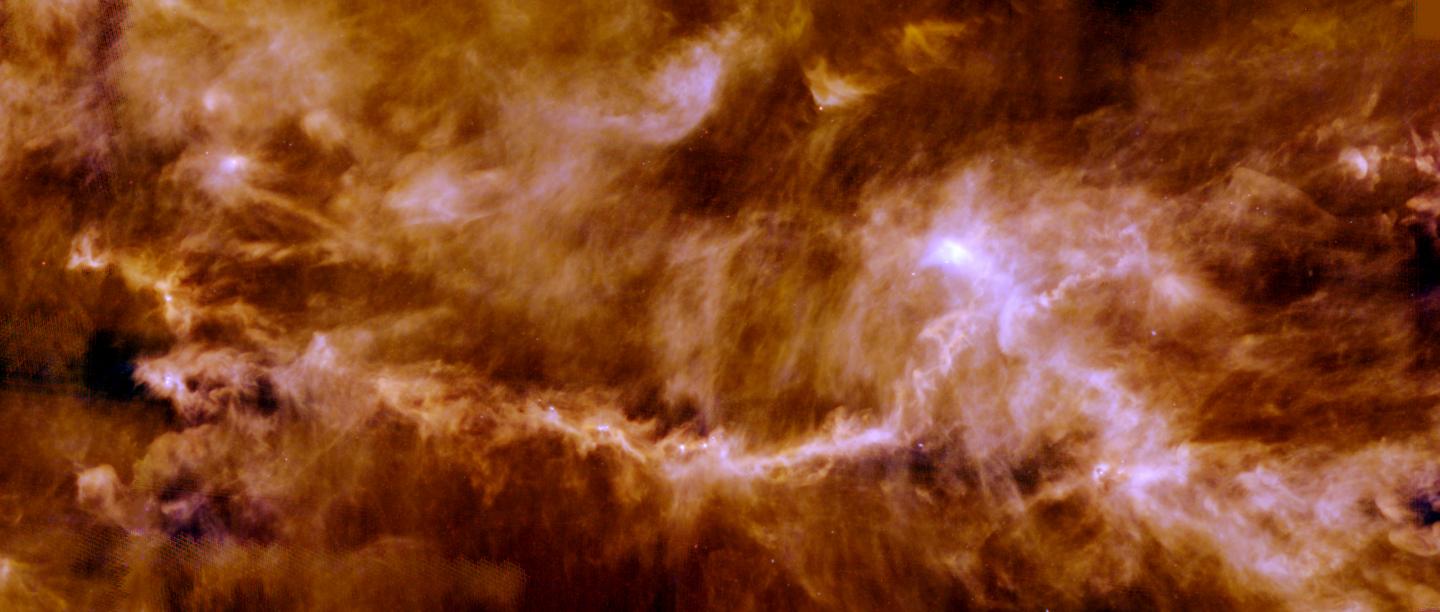Neptunes and super-Earths are the most common types of exoplanets
With the help of the ALMA radio telescope, astronomers have taken a closer look at a series of protoplanetary disks around young stars in the Taurus Molecular Cloud, a region 430 light-years from Earth, in which many stars are currently being born. The researchers examined 32 protoplanetary disks; twelve of these disks have a structure with rings and gaps.
This provides evidence that the formation of planets is not an unusual event, because the formation of planets is the most likely cause for the detected structure in most of these disks. The astronomers were able to rule out other causes. The distribution of sizes is another interesting result: the planets that have excavated the gaps in the disks are either gas planets with masses like that of our Neptune or super-Earths, planets with masses up to 20-times the mass of the Earth. These types of planets are apparently the most common. Only one example of the formation of a gas giant similar to Jupiter could be found.
So far, the actual distribution of types of exoplanets is not yet clearly known. Current techniques are more likely to detect large, heavy planets that are orbiting closely around their host stars, which is why a relatively large number of gas giants has already been found, even though these are probably exceptions that are rarer in reality.

